Mass Golf is proud to celebrate Black History Month each and every year. From game-changing inventions, to golf course ownership, and on-course accolades, African American men and women for well over a century have had a tremendous impact on the game both statewide and beyond.
Thanks to a recent visit to the USGA’s Golf Museum and Library, Mass Golf was able to get its hands on additional artifacts and library materials from the African American Golf History Archive, which celebrates the African American experience in golf. These resources tell even more stories of African American success over the nearly 125 years of organized golf in the Bay State.
Throughout the month of February, we will update the page with findings from these archives and how they relate to Massachusetts.
William J. Devine Golf Course at Franklin Park in Dorchester has long been recognized as a place for multiracial diversity in golf. The course was home to the Boston Pro-Am Golf Association, a social, ethnic-based group founded in 1953 by Paul Washington, then-professional at Stow Acres Country Club — originally a black-owned course (Mapledale CC).
But forty years ago, the second oldest municipal golf course in the country was falling apart; down to about four playable holes. Soon it would be discovered that the city did not intend to re-open the golf course.
Not willing to let that stand, a group of Black men formed a non-profit organization called the Franklin Park Golfers Association (FPGA) to bring the Donald Ross layout back to full life. George Lyons, the teaching pro at William J. Devine at the time, was part of the Boston Pro-Am group. He decided to lead the FPGA’s efforts along with friends including, Archie Williams, a successful Black businessman, community activist, and avid golfer.
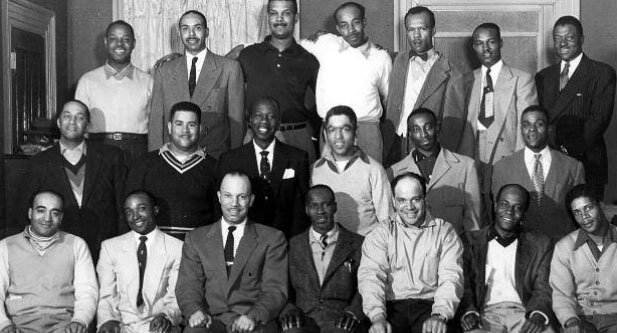
The FPGA connected with the city’s Parks Department commissioner, Bob McCoy, who at the time was the highest ranking African-American ever in the City of Boston’s government. McCoy put an irrigation project in place, then contracts were put out to rebuild the golf course. The majority of the funding for the restoration came in 1987 aided by $1.3 million in state-funded improvements. The city then leased it to the FPGA, which then subleased to a management and development firm headed by Bill Flynn, who was elected to the Massachusetts Golf Hall of Fame in 2016. Just like his firm had done with George Wright, Flynn got Franklin Park back to excellent playing condition and by 1989, a refurbished 18-hole course was reintroduced for all to play.
Today, the Fairway Ladies of Franklin Park and the Franklin Park Men’s Inner Club are two prominent groups that promote social and recreational golf activities around the club.
The following is an excerpt from ‘The Epic Story Of The Birth And Rebirth Of Public Golf In Boston’s Franklin Park’ that ran in the Fall 2000 edition of Mass Golfer Magazine:
The official “reopening” (for the FPGA, it had never entirely closed) of the course came July 31, 1989; the following day Chi-Chi Rodriguez gave a free golf clinic to hundreds of children.
Two years later, the Globe reported that “..not only has the course been restored — groomed and greened as finely as any in New England — but a notable social achievement has been realized as well.” Many Franklin Park advocates — the FPGA, Franklin Park Coalition, Mayor Flynn, Bob McCoy and other Parks Department officials, the MGA, Bill Flynn, and numerous others — collectively share the credit for this achievement.
George Lyons put history in perspective in 1998: “Remember that full access to the game of golf didn’t, and still doesn’t, come automatically. What is realized these days is the result of efforts made by people who fought for years to open the doors of golf. There are still doors to be opened.”
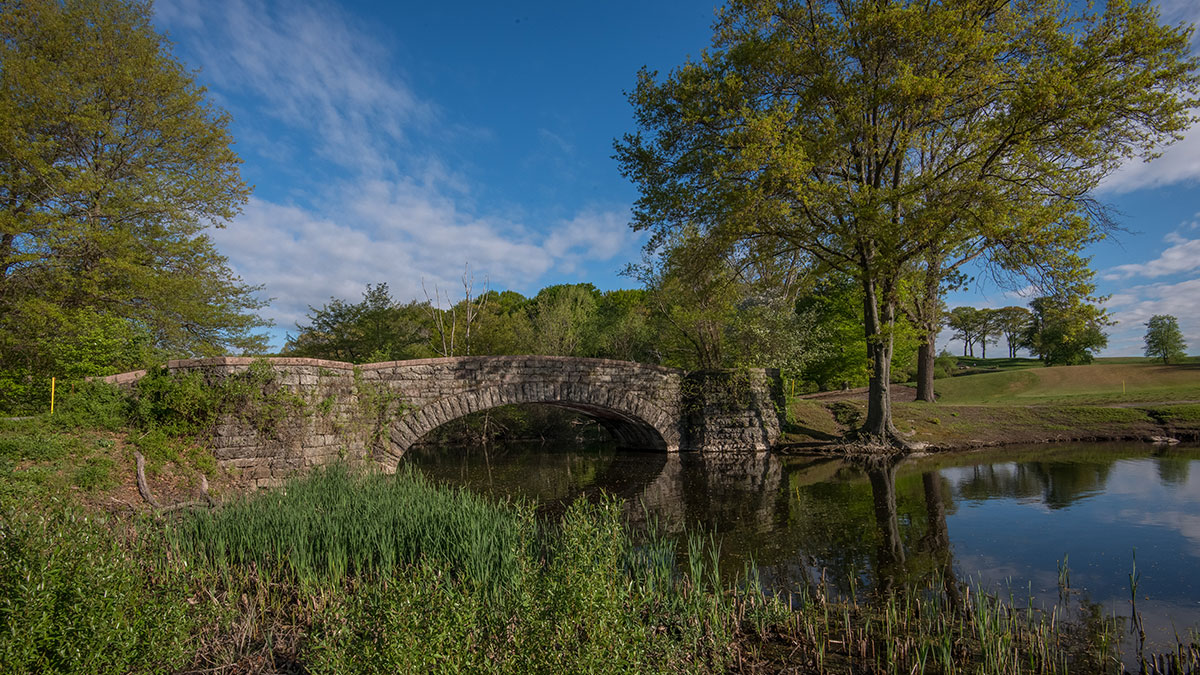
The Home City Golf Club was founded in the mid 20th century and is recognized as the first Black golf club in Springfield. The association hosted an annual tournament called the “Home City Open” at Veterans Memorial Golf Course. This event didn’t often receive news coverage, but one of the few clips available came from July 1953, and it stated that Tom Middleton of Boston won the professional division at Veterans, while fellow Bostonian Ethel Asbury won the women’s division.
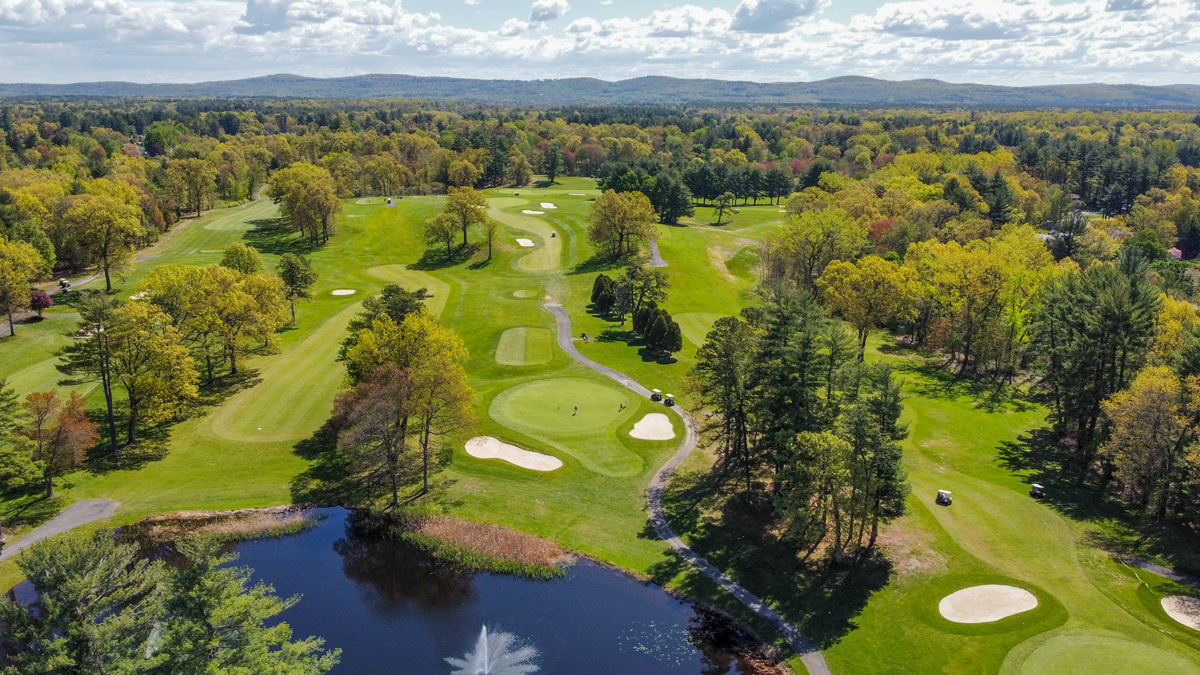
Charles T. Cross, one of the founding members, trained to be a Tuskegee Airmen pilot. Upon transfer to Westover Air Base, he settled in Springfield, and took up golf as his top passion. According to his obituary, “Mr. Cross dedicated his time and experiences to everyone he came in contact with, primarily young African Americans, in an effort to inspire them to have their dreams become a reality. He loved teaching and mentoring others. He was committed to spreading knowledge whenever possible.”
The paper trail is thin on this group, however, the USGA’s database on African American golf featured a list of 21 members from 1987. Leroy Clayborne, who was serving as Hampden County Deputy Sheriff at the time, was the head of the association. Like Cross, Clayborne had a military background, serving in the Army during World War II, and later becoming a scratch golfer.
Also on the list was Joseph Perry Sr. and his son Joseph Jr. According to James Grochmal, Joseph Sr. was a talented golfer who welcomed him to tag along and play with his friends in his younger years. “In another era he certainly would be successful on the PGA tour,” Grochmal wrote on the obituary page honoring the late Joseph Sr. “Joe encouraged me to play in the Home City Open, where he introduced me to Charlie Sifford. I still have a trophy for the amateur division which is the largest one I ever got.”
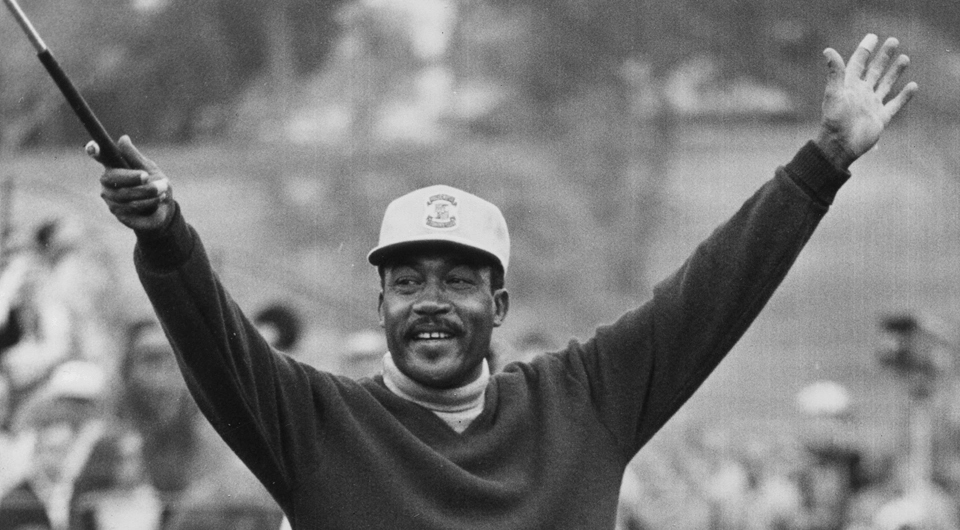
By 1970, the Women’s Golf Association of Massachusetts (WGAM) had swelled to almost 2,000 members. Among its ranks was a young Roxbury student named Caren McGee, who made history when she became the first Black woman to join the WGAM. An 8-handicap, McGhee had a sound, powerful swing that was developed by her grandfather Henry Mason, a former Franklin Park Club champion. Mass Golf Hall of Famer Paul Harney, a 6-time PGA Tour winner, also took her under his wing for occasional lessons.
In August 1972, McGhee broke another barrier when she won the WGAM Junior Championship (today’s Mass Girls’ Junior Amateur) at Dedham Country & Polo Club, becoming the first African-American to win a state championship sponsored by either the WGAM or the Massachusetts Golf Association. McGhee won with rounds of 80-81—161, besting the field by six strokes. A week later, the 17-year-old won the Mowatt Trophy (best-ball tournament) with Marcia Veale at Andover Country Club, and then represented the WGAM on the Girls’ Inter-City golf matches in Philadelphia. She also led Massachusetts to victory in the 1971 Girls’ Junior Tri-State Team Match, sweeping both her Nassau matches against Connecticut and Rhode Island.
McGhee also earned a victory in the Girls’ Interscholastic State Championship and later accepted a scholarship to the University of Arizona. Once asked if she had pro aspirations, she said she’d prefer to stick to the enjoyable part of the game. “I don’t think I’d ever want to play under all that pressure, where you have to play consistently well to eat,” she said. “I like golf just the way I play it as [an] amateur — it’s a lot of fun for me.”
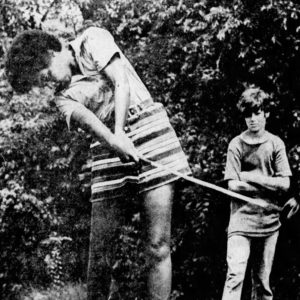
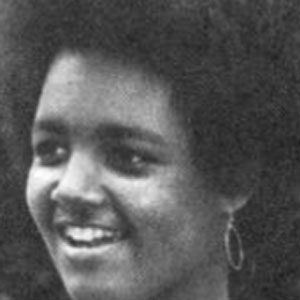
McGhee’s story was included in an article titled ‘The Epic Story Of The Birth And Rebirth Of Public Golf In Boston’s Franklin Park’ that ran in the Fall 2000 edition of Mass Golfer Magazine:
Another was a penultimate American minority of her time — young, female, black. Growing up, Caren McGhee’s playground was Franklin Park. That’s where her grandfather, former club champion Henry Mason, taught the child the game in the harmonious early 1960s. While later facing racism elsewhere, Caren and her family were always treated as equals by all at Franklin Park.
Then came the turmoil; effectively there was no longer a golf course for the talented upstart to play. Moving on to Ponkapoag Municipal Golf Course in Canton, Caren became its 1969 women’s club champion, at age 14, and she successfully defended her title each of the next three years. In 1972, with the guidance of her father, Andy McGhee, her mentor, professional golfer Paul Harney, and Doreen Mowatt of the Women’s Golf Association of Massachusetts, who urged her to enter competitions, Caren won the WGAM State Junior Championship. She is believed to be the first African American to capture any state golf association title.
In 1972, Caren McGhee picketed with neighborhood women to protest the deplorable conditions at Franklin Park. That year, she won the WGAM Mowatt Trophy, named for Doreen Mowatt. Caren went on to play two years on the University of Arizona golf team. Her father, Andy McGhee, still plays William J. Devine regularly today, and he urges parents to stay involved with their children. Members of the McGhee and Paul Harney families remain best of friends to this day.
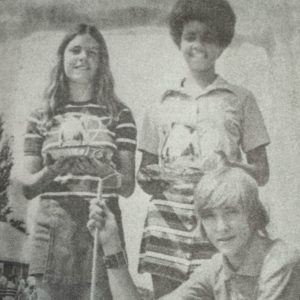
The first national championship for African American golfers took place in Stow, Massachusetts, with the ‘Negro National Open’ on Labor Day weekend, 1926, at Mapledale Country Club. The club hosted again in 1927 and 1928, leading to Mapledale founder Robert H. Hawkins formally establishing United Golfers’ Association (UGA), a group that served as a parallel institution to the all-white Professional Golfers’ Association (PGA). Among its stated goals, the UGA, “provided essential services needed to all golfers to those who might otherwise have been left out.”
The championship then circuited around the country to states like New Jersey, Wisconsin, Ohio, Illinois, and California, and in the process divisions were added for amateur women and amateur men. In 1941, the Bay State Golf Association, another statewide group for African American golfers, requested to host the National Championship in Massachusetts once again. In looking for a suitable course, they decided on the state-owned Ponkapoag Golf Course in Canton, which had just debuted a new nine holes added by Donald Ross.
By receiving approval from then-Governor Leverett Saltonstall, this tournament became Ponkapoag’s first thorough championship testing. And as defending pro champion Hugh Smith of Atlanta said: “If I can’t defend my championship on this course, I won’t have any alibis. It’s perfect.”
With a field of about 220 players combined for all three divisions, Chicago professional Robert ‘Pat’ Ball emerged victorious in the 54-hole open championship, one of his four total career victories in the championships. A day later his wife, Mrs. Robert P. Ball, won the women’s division, sinking a 50-foot chip shot on the 10th hole of her final match play competition, and winning the next two holes to close it out. It was the only time in the championship’s history a husband and wife won their respective divisions in the same year.
Cliff Taylor, a 43-year-old New York restaurant proprietor, regained the men’s amateur title after previously winning in 1936.
The UGA continued to host events after the desegregation of the PGA in 1961, including its national championship that same year at Ponkapoag and in 1974 at Braintree Municipal Golf Course.
#MassGolf Celebrates #BlackHistoryMonth
Recently uncovered resources tell the stories of African American success over the 120+ year history of organized golf in Mass. The 1st featured story: ‘Ponkapoag Hosts Historic UGA Championship In 1941’
Story: https://t.co/owudu3tIBh pic.twitter.com/RB2ADIxV4n
— Mass Golf (@PlayMassGolf) February 9, 2023